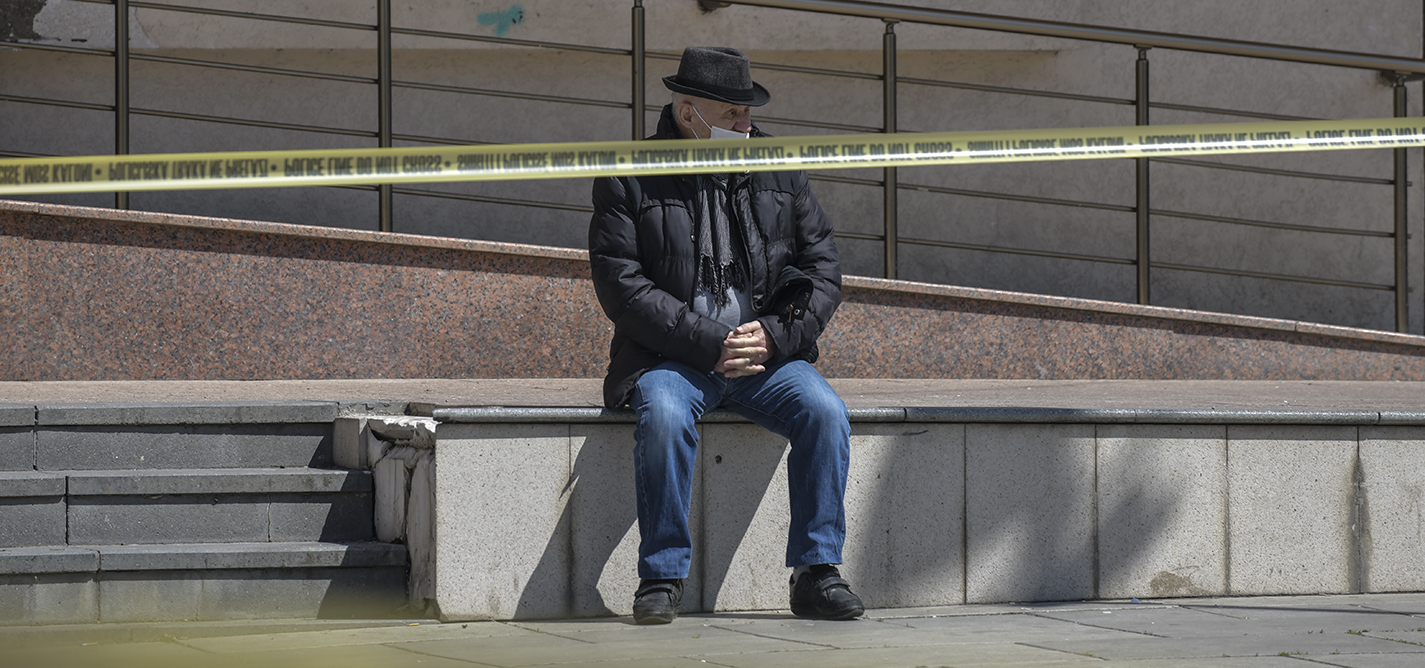
‘I was young then — I could run away’
Lockdown phone calls with pensioners.
“I am old and would prefer to live” — it was a simple sentiment and yet profound at the same time.
“I can’t go there, they are scared of catching the virus too — they are more afraid of catching it from old women.”
Kimet Bejleri, 72And then, to my unrelenting curiosity, he takes a more abstract approach, before telling a proverb.
“By nature I am a little… optimistic, you know? So, I tend to take everything in my stride.”

Tringë Sokoli
Tringë Sokoli is a journalist and former editor at K2.0 (2019-21). For her bachelor’s degree she studied journalism at the University of Prishtina, and for her master’s she studied public policy and administration at the University of Potsdam in Germany.
This story was originally written in English.